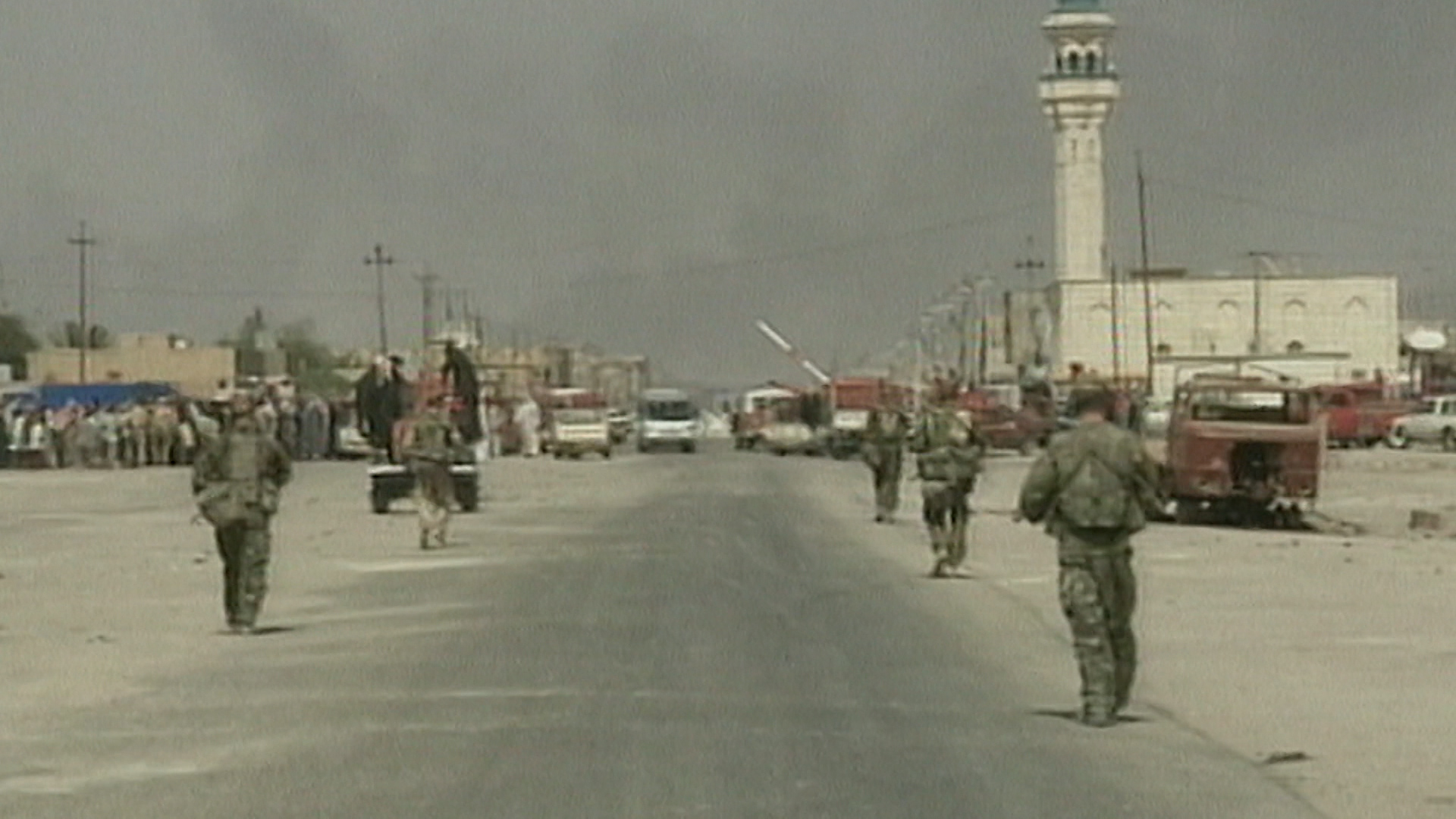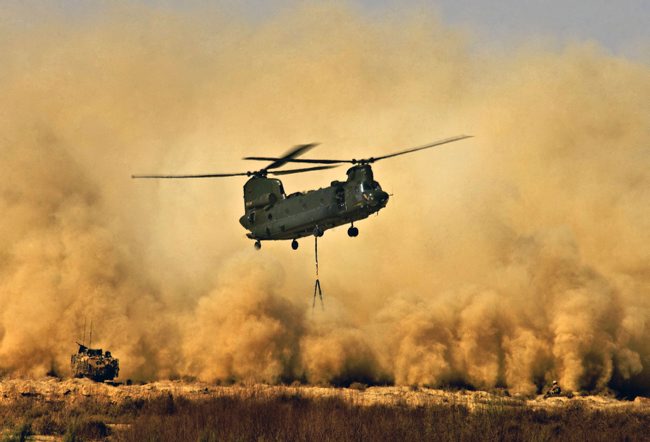
'No Deliberate Cover-Up' In Death Of Prisoner During Iraq War

A report into the death of a prisoner during the Iraq War has concluded that there was no "deliberate cover-up".
The report, named 'The Iraq Fatalities Investigation', criticised British and American military command for a "disappointing failure" over the death.
The investigation into the death of Tariq Sabri Mahmud found there was "no reliable objective material available to shed light" on what caused his death.
Mr Mahmud's death occurred during a specialist mission by British, Australian and American forces to transfer 63 prisoners of war captured behind enemy lines.
The prisoners were then transferred by British personnel on British helicopters to a US-controlled holding facility situated in the desert, the report said.

The reporting of the incident "lacked precision" which left it open to "interpretation" over whether he died on the British Chinook or after he was handed over to the US military, the report explained.
As Mr Mahmud was unconscious on the handover, the report says that British Permanent Joint HQ (PJHQ) were under a "legal obligation" to order an investigation.
Within hours of the handover, Mr Mahmud had been buried by US Armed Forces.
The failure to order a prompt investigation - either by the British or Americans - "seriously prejudiced any investigation", it added.
The inquiry said if it had not been for an anonymous call to the RAF Police and a national newspaper nine weeks later, which made allegations of violence, there would have been "no investigation at all".

The report is the first investigation into the death of a prisoner of war in combat in April 2003.
It concluded that without no post mortem or medical examination, there was no "no reliable objective material available to shed light on the degree of force which had been used".
The inquiry added there was no "deliberate cover-up" but found the facts disclosed a "disappointing failure" to apply a detailed analysis of what led to the death.
A Ministry of Defence spokesperson said: “We are committed to continually improving our processes and several years ago reviewed and updated our detention and operational investigation policy.
“Armed Forces personnel are now required to report any deaths within four hours, allowing for appropriate investigations to take place.”









